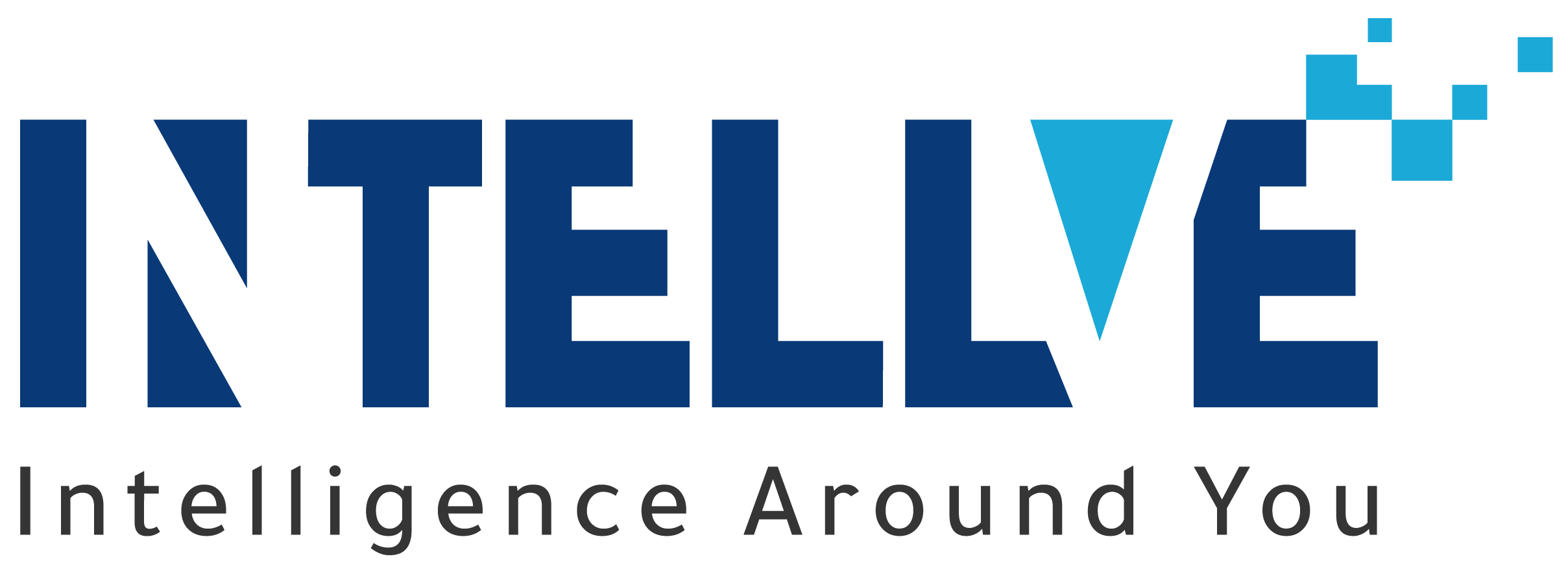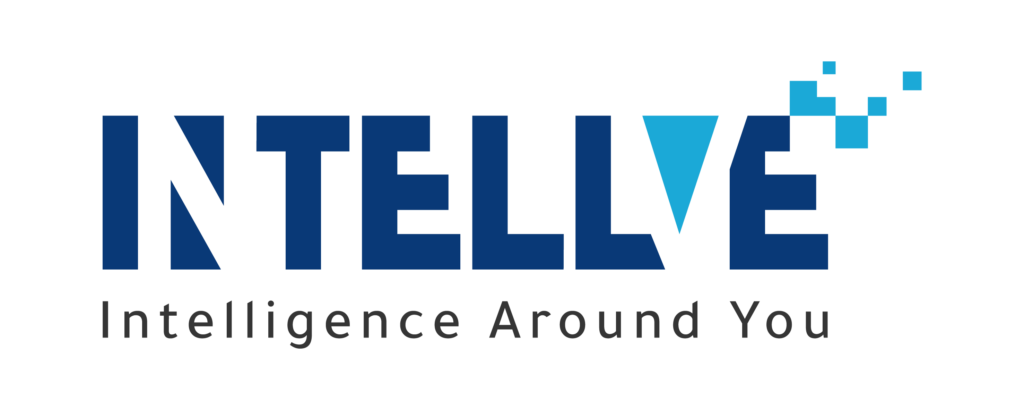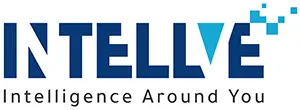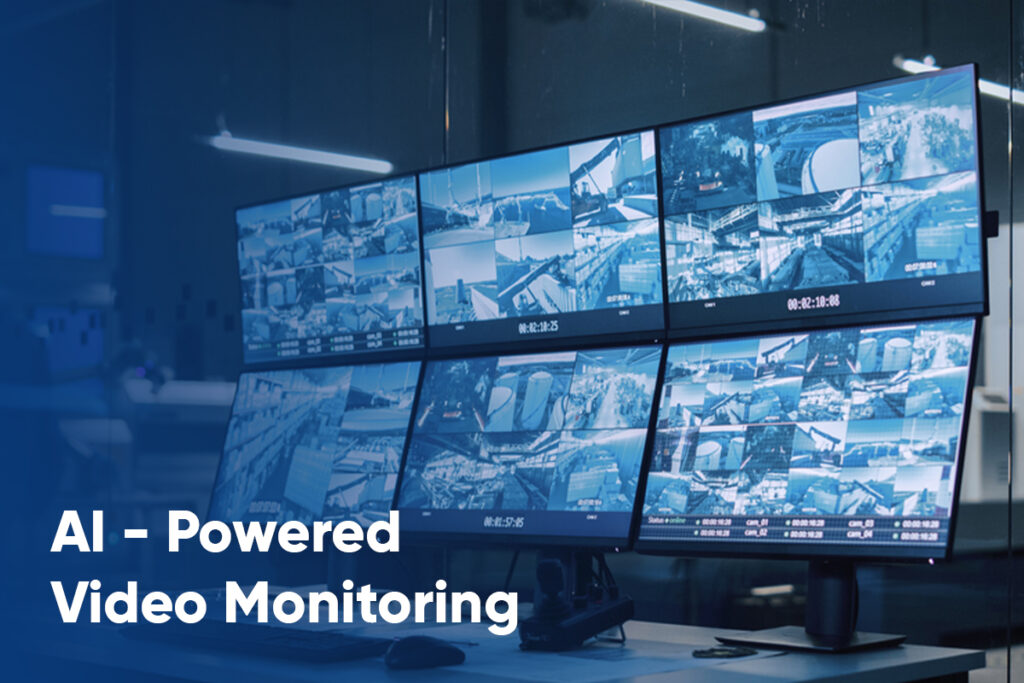There has been a revolution going on in the security landscape. Users can process large amounts of data by introducing Artificial Intelligence (AI) to video surveillance and access control. This way, they can analyze and identify potential vulnerabilities and threats. The AI-powered video monitoring systems learn about the latest security trends and adapt them. Hence, it helps these systems to identify threats with more precision.
When monitoring systems are automated, threat detection becomes easy, reducing the workload and response time of security forces. With the help of AI-based security equipment, security teams can leverage predictive analytics. Thus, enabling them to take instant measures to combat potential dangers.
Let’s explore how cloud-based video management systems or AI-enabled video monitoring systems have transformed business security.
How Automated Video Monitoring Systems Are Enhancing Organizational Security?
Organizational Security?
Gone are the days, when security teams had to rely on recorded footage to handle threats after the incident. As technology has advanced, traditional security management systems are integrating AI capabilities. This helps security forces receive real-time alerts, allowing them to respond to threats effectively. There are many ways AI-powered video monitoring systems have transformed security.
1. Improved Threat Detection
The predictive capabilities integrated into AI-enabled security systems capture anomalies in behaviors and automatically report the same to security teams. The remote video surveillance software would study suspicious behavior of people, objects, or vehicles and alert the security forces. This enhanced level of security allows rightful authorities to prevent potential threats before anything happens.
For instance, AI security systems would record such behavioral anomalies if a person or vehicle tries to enter a restricted property at unusual hours. The systems would consider such actions as potential risks and would alert the security guards in charge.
Furthermore, this level of security can send alerts via intercom and even seal the place ensuring the culprit cannot escape. AI-powered security systems efficiently minimize the chances of security mishaps using predictive capabilities.
2. Risk Prediction
AI surveillance systems have predictive capabilities that detect risks even before they occur. For instance, if there has been an incident of robbery before, the AI-integrated security systems will analyze the incident data and issue alerts to the guards if they find a likely situation in the future.
This kind of video monitoring allows authorities to take security measures in advance. By getting insights into the probable risks, organizations can increase their security measures, thus safeguarding the overall property or valuable assets.
3. Lesser Chances of False Alarms
Security systems previously triggered alarms even if there weren’t potential threats. AI-enabled video systems combined with machine learning can analyze a real-time video and determine a potential threat. With artificial intelligence, these systems can differentiate between a person trying to trespass on a property or an animal that lost its way and entered the premises.
Additionally, AI-based security systems can detect weather-related movements, ensuring that security teams don’t have to respond to every trigger. With the support of technologically advanced security systems, security forces can take action only when a real threat is confirmed.
4. Keeping Smart Cities and Their Infrastructure Safe
Security monitoring systems use AI capabilities to install efficient security in cities. Since monitoring an entire city requires high-level security, organizations, and residential properties are switching to smart city monitoring. There are various remote locations even in metros, where it is not possible to install cameras. However, based on historical incident data, the cloud-based security software can analyze anomalies and immediately alert local law enforcement.
Moreover, there are cases of road accidents in urban cities. By employing AI-powered video monitoring systems, the traffic control team would know the precise location of the accident and can take rapid measures.
5. Enhanced Healthcare Outcomes
AI-based security systems are significantly helpful in healthcare environments. Advanced security systems are often backed by sensory capabilities. Using these features, AI-security systems can monitor health and determine the requirements of the senior residents living in the community. For example, smart fall management systems can predict a fall in advance. This ensures that the seniors in the community are given care before an accident happens. If there’s a fall, the security system would alert the concerned individuals and security forces to take the victim to the hospital, before it gets too late.
Conclusion
The significance of AI-powered monitoring systems in the security domain is endless. From predicting potential threats to analyzing behavioral anomalies, smart monitoring has become an inevitable part of organizations. The real-time alerts and automated workflows reduce the workload of security forces. Combined with sensory features and predictive analytics, AI-enabled security systems only send alerts to security personnel when there’s a chance of vulnerability or danger.
Want to integrate smart surveillance into your organization? Consider Intellve’s security monitoring system. Offering 7 years of experience, the security features of Intellve send real-time alerts to authorities so that necessary measures can be taken. You can integrate AI-enabled cameras and sensors in the concerned space to keep it safe and secure.



